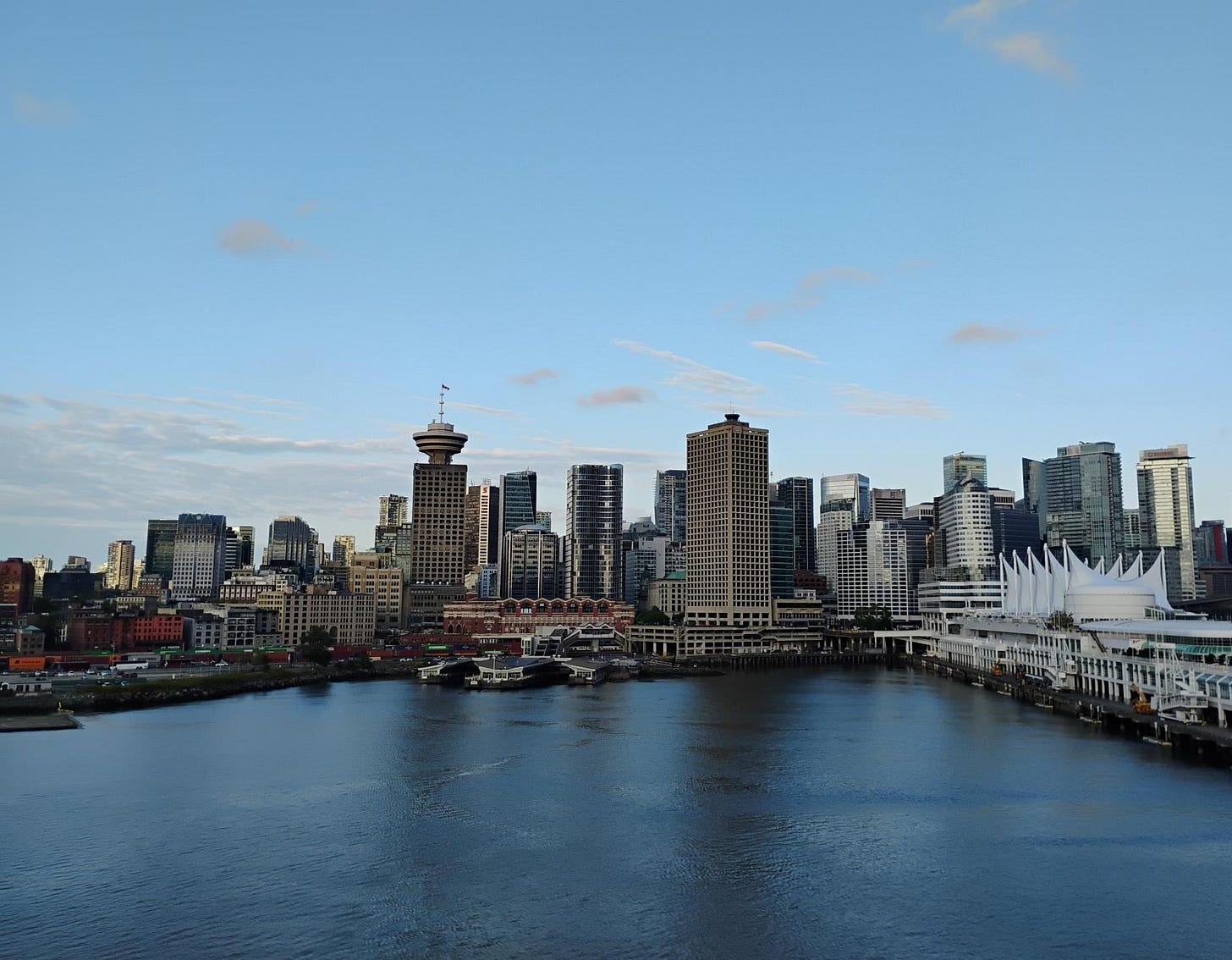Monthly Muse: 7/2025
Recapitulation, contemplation, provocation
Monthly Musings are published during the last week of every month. In each Monthly Muse, I recap content from the past month of Handful of Earth, offer some freewheeling reflections, and share a passage that I’ve found especially thought-provoking.
Here’s the July 2025 Monthly Muse.
Recapitulation: Published since last month’s Monthly Muse
Contemplation
While much of my writing at Handful of Earth is about national and global topics, I believe that it is important to ground these discussions in regional and local issues. This month’s article, “Freedom’s Future,” is a journalistic account of a local community in Eugene, Oregon.
One of the things I found most interesting about this community is its conscious effort to connect things across radically different scales. Complex local issues are linked to global transformations. This applies to politics, but also to more philosophical themes. A discussion on growing onions one minute could be followed by reflections on evolution and intelligent design the next.
As I discuss in the article, this community relies on “old-school methods of getting information out,” namely, a paper newsletter. Their thinking across scales can also be seen as a return to more old-school ways of knowing and transforming the world. Only relatively recently did connecting the micro and the macro begin to seem odd. In many traditional approaches to knowledge, traversing different scales was what thinking was all about.
Provocation
“Anger isn’t what it used to be in the countryside. Increased mobility means that emotions are less abiding in a community. As people come and go, they take their memories with them. They undo the emotional quilts of old. As farmsteads are torn down, long-standing grudges vanish. As farms get larger and less labor-intensive and farmers grow fewer in number and more urban in perspective, local emotions dissipate. In rural towns, staid business classes and their hierarchical orders of snobbery and resentment disappear as people move away or vacation elsewhere, or as women who work outside the home focus their interests beyond local disputes. In the last three decades of the twentieth century, the emotional fabric of the rural world, and the peoples, memories, and objects it supported, unraveled, leaving only threads for migrating birds to weave into their nests.”
—Joseph A. Amato, Rethinking Home : A Case for Writing Local History


